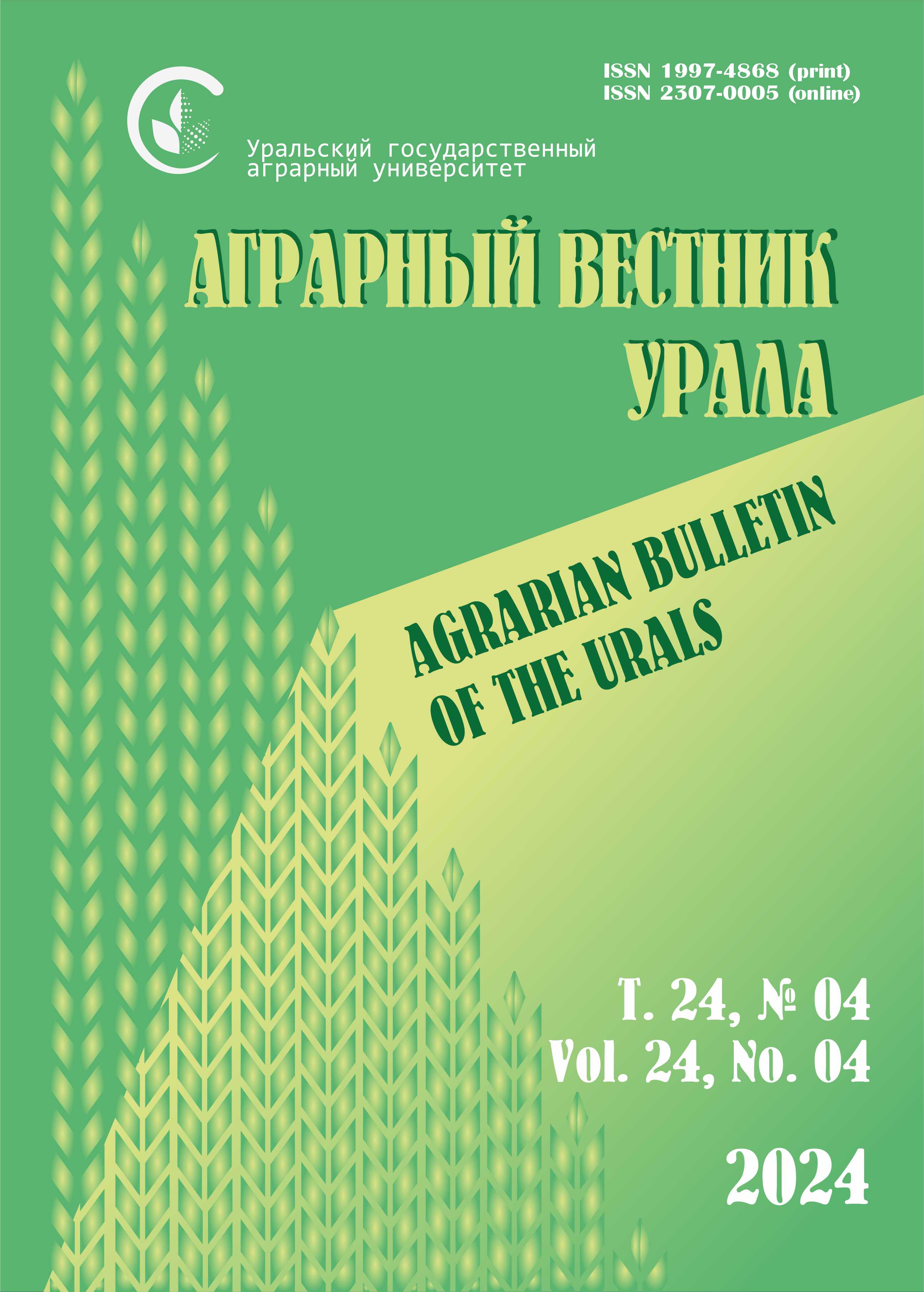Authors:
О. L. ОVSIENKO, researcher,
V. S. PASHTETSKYI, doctor of agricultural sciences, senior staff scientist, director,
L. A. CHAIKOVSKAYA, doctor of agricultural sciences, senior staff scientist, chief researcher
Scientific Research Institute of Agriculture of Crimea (150 Kievskaya Str., 295000, Simferopol)
Abstract. An important aspect of agriculture biologization is the using of biological preparations based on bacteria with a complex of useful properties. Improving growth and productivity of plants, biological preparation could also improve the resistance of microsymbiont to stress, in particular to the effects of heavy metals (HM). HM are the most common pollutants, which are accumulated in the soil and which break the intensity of the microbiological processes: the number of agronomical useful microorganisms is reduced, which in turn has a negative impact on plants. Therefore it is important to search for methods of regulation of microbiological processes in the rhizosphere of plants grown on contaminated HM soil. The aim of our three–year field experiments was to study the influence of microbial preparation Phosphoenterin on the direction of microbiological processes in the rhizosphere of winter wheat when soil is polluted by HM (Cr, Cu, Pb). The results indicate that the contamination of the southern black soil by HM has a negative impact on the quantity of main ecological-trophic groups of microorganisms in the rhizosphere of winter wheat: reduces the number of bacteria that use mineral and organic nitrogen, pedotrophic and oligotrophic bacteria is reduced. Pre-sowing inoculation of seeds by Phosphoenterin promoted to the improvement of microbiological processes in soil polluted by HM: in the rhizosphere of studied plants was increased the quantity of agronomically useful bacteria was increased, what contributed to the increase (by 19–30 %) of winter wheat’s seed productivity. Thus, using of biological preparation Phosphoenterin when growing wheat on HM contaminated soil, is the ecologically justified method of microbial processes regulation in the rhizosphere of wheat in stress conditions that occur when growing plants are growing in contaminated HM soil.
Keywords: phosphoenterin, heavy metals, soil bacteria, rhizosphere, winter wheat.
Download the full text of the article











